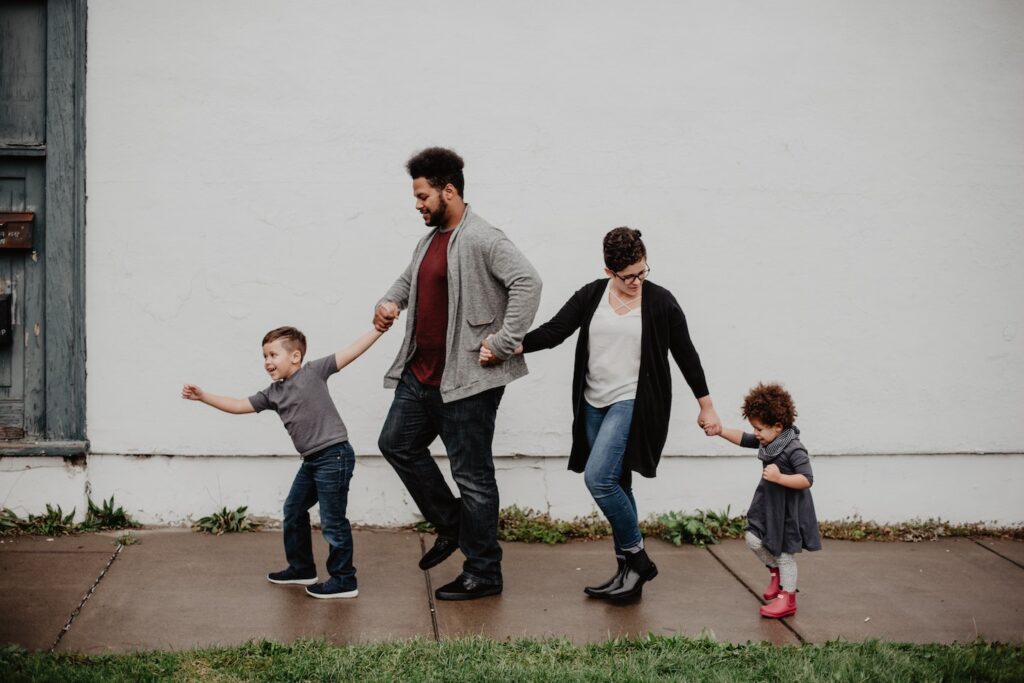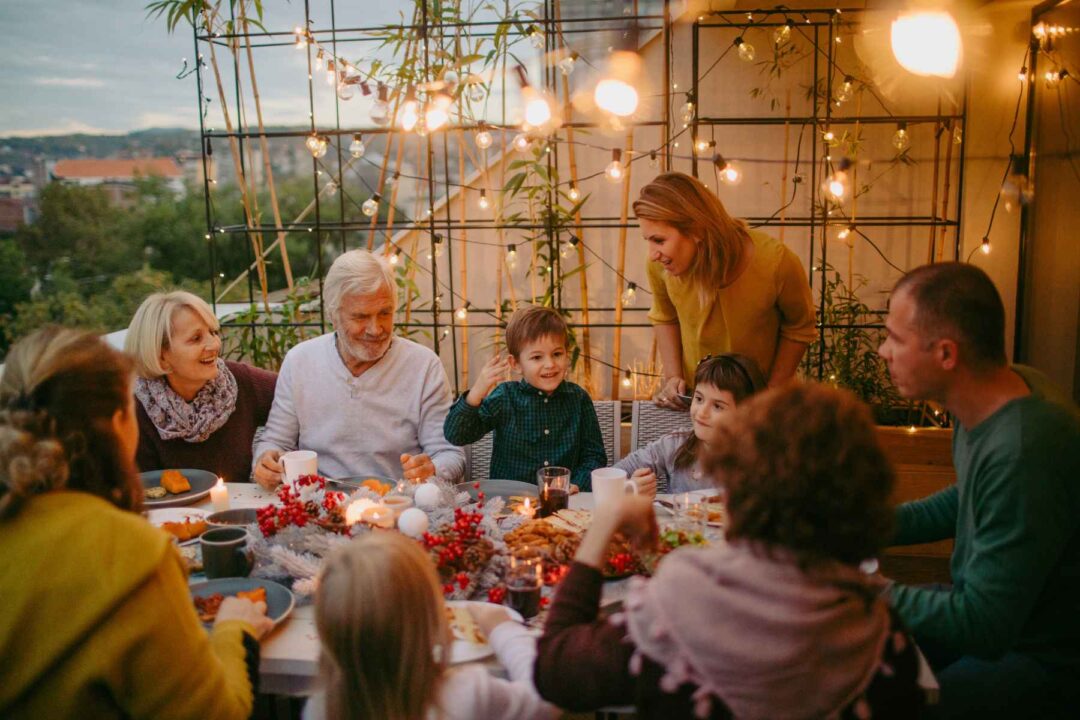They’re words you probably can’t bring yourself to say out loud; “I don’t love my stepkids.” Marrying someone who already has children is a big thing. In fact, it’s a gigantic pile of expectations and pressure and a whole lot of nerve-wracking. The truth is, it takes a lot to truly love someone else’s kids. Here are some reasons why you might feel this way, and what you can do about it…
Is it normal to not love your stepkids?
Adjusting to married life can be challenging enough, but doing so while navigating your relationship with your partner’s children can be a minefield. You may go into the relationship expecting the love to happen automatically, so it might come as a shock when you don’t love your partner’s children the way you thought you would. After all, you love your partner, why wouldn’t you love their kids too? In fact, it’s totally normal to feel detached, jealous, or lack affection for your stepchildren initially.
Why don’t I love my partner’s children?
You know the Phil Collins song, “you can’t hurry love, no you’ll just have to wait, she said love don’t come easy, well it’s a game of give and take.” He was singing about romantic love, but the same goes for the relationship with your new stepchildren. Depending on how quickly you and your partner got together and how well you already know the children, you may have to work on the relationship for some time before you start to feel affection or love for each other. It also takes effort from both parties; if the kids aren’t interested in developing a relationship with you or are disrespectful, it’s perfectly understandable that you will struggle to feel love for them.
Is it me?
Sometimes there’s a genuine reason why you can’t love your stepchildren. Here are some reasons why you might find it hard to develop a loving, affectionate relationship with your partner’s children:
Traumatic Past
Many people who shy away from parenting—of any kind—actually find their trigger in their past traumas. As a result, they want to avoid the concept of a traditional, child-centric family because they fear what may happen to the children in case the marriage doesn’t work out.
Prior Experiences
If you have already experienced the end of a relationship or marriage where children are involved, you may not be ready to open yourself up again. Your new partner and their kids constantly remind you of the rollercoaster you just got off. The emotional toll that comes with loving kids is scary, which is why you find it hard to open up to your partner’s children.
Social Influence
You may have witnessed someone you know experience difficulties with children or stepchildren. You’ve seen the fallout and vowed to never make yourself vulnerable by having or loving kids.
Biological Causes
The biological connection cannot be overstated. Planning to get pregnant, going through a pregnancy with your partner, witnessing the birth—these are things that connect a parent to a child before they’re even born. Without this preparation and without the biological connection, you can expect the relationship to need time to develop rather than be overwhelmed instantly with love for your stepchildren.
What if there is no reason?
But what if none of the above apply to you? You’ve had a happy childhood, you’ve seen blended families successfully role-modeled, you don’t bring any relationship baggage with you, you don’t feel too fussed about the biological aspect, and yet you still don’t love your stepchildren. Are you a bad person? No!
The bottom line is, there may be no particular reason. It’s just not possible to force love.
How to develop love for my stepkids
Here are some tips to help you work on your relationship with your partner’s kids:
Face your feelings
Be completely honest with yourself about how you feel towards your partner’s children, and examine whether there’s a reason why. If there is and it’s something you have the power to change, speak to your partner or take steps to improve the issue. If there’s no reason, acknowledge your feelings and accept that time and patience will be required.
Have a heart-to-heart
Talk to someone. If you can talk to your partner openly and honestly, this can be really helpful—being open about how you’re feeling means you can avoid bottling things up. Otherwise, speak to a trusted friend or family member, they might help you find some perspective.
Find common ground with your stepkids
Once you’re clear about your feelings towards your partner’s children, it’s time to begin improving them. Try to find common ground with the kids and use that to begin developing a bond.
Understand how the kids feel
Think about how the kids are feeling about their new environment. Did you move into the family home, possibly taking the place of a loved parent (in their eyes)? Did they move into your home, and now feel like it’s your house and not theirs? Do they seem shy around you, ignore you, or feel anger or resentment? Getting to the bottom of any reluctance on their part can help improve the relationship.
What not to do as you improve your relationship with your stepkids
These are the things you want to avoid doing—if you can manage this you’ll make your life (and theirs) so much easier.
Don’t keep score
If you’re really trying to establish a bond of love, make sure any actions you take are done selflessly and without expecting something in return.
Don’t push too hard
It takes time to become a part of someone’s life. You may want to love your stepkids and your stepkids may want to love you back, but you cannot force things to speed up. Every conversation, every fight, and every tantrum will eventually bring you all closer together. In the meantime; embrace the awkwardness, welcome the shyness, respect the boundaries!
Don’t listen to every opinion
Take the advice that works for you, discard that which doesn’t. Unsolicited advice can be the most unwelcome (and judgemental) so take it with a grain of salt. Other people do not know the ins and outs of your family dynamic; you know yourself better than anyone else and this is your family now.
It gets easier
It’s normal to go through an adjustment period when you become part of a blended family. Remind yourself that it will take time, and you can only do your best. Join support groups, talk to others in similar situations, and just continue to be patient—both with the kids and yourself. If you’re really worried about your relationship you can consider counseling.
Images via Unsplash





No Comments Found